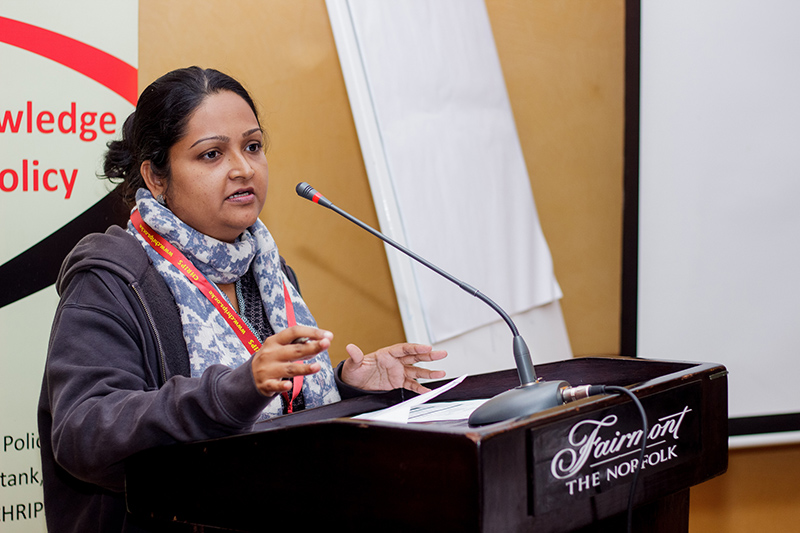Al-Shabaab Radicalization and Recruitment in Kenya
Conférence de Fathima Azmiya Badurdeen (Technical University of Mombasa)
Based on an ethnographic study, the aim of this talk is to demonstrate how social movement theory can contribute to a conceptual framework for understanding the al-Shabaab terrorist recruitment in Kenya.

Al-Shabaab, a transnational terrorist organization originating from Somalia with its expansion in other east African countries pose serious threats to Kenya. Apart from the impact of terrorist attacks in Kenya, this terrorist organization finds it recruits from impoverished and marginalized areas – the coast regions being the most vulnerable.
Based on an ethnographic study, the aim of this conference is to demonstrate how social movement theory can contribute to a conceptual framework for understanding the al-Shabaab terrorist recruitment in the Coast region of Kenya. Poverty, economic deprivation and regional marginalization due to successive government policies in the Coast region contributes to psychological grievances often exploited through the “victim narrative” conducive for terrorist recruitment. Grievances alone do not result or facilitate recruitment or radicalization but has the ability to mobilize resources among, the prevailing political opportunities and constraints.
Framing of al Shabaab ideologies fosters collective identity and collective action in the absence of a formal organization. Cultural factors of the Coast region become key where religious commitments are used to explain seemingly irrationality of tactics and the justification of violence against civilians.
Speaker : Fathima Azmiya Badurdeen (Technical University of Mombasa)
Mis à jour le 23/2/2023
